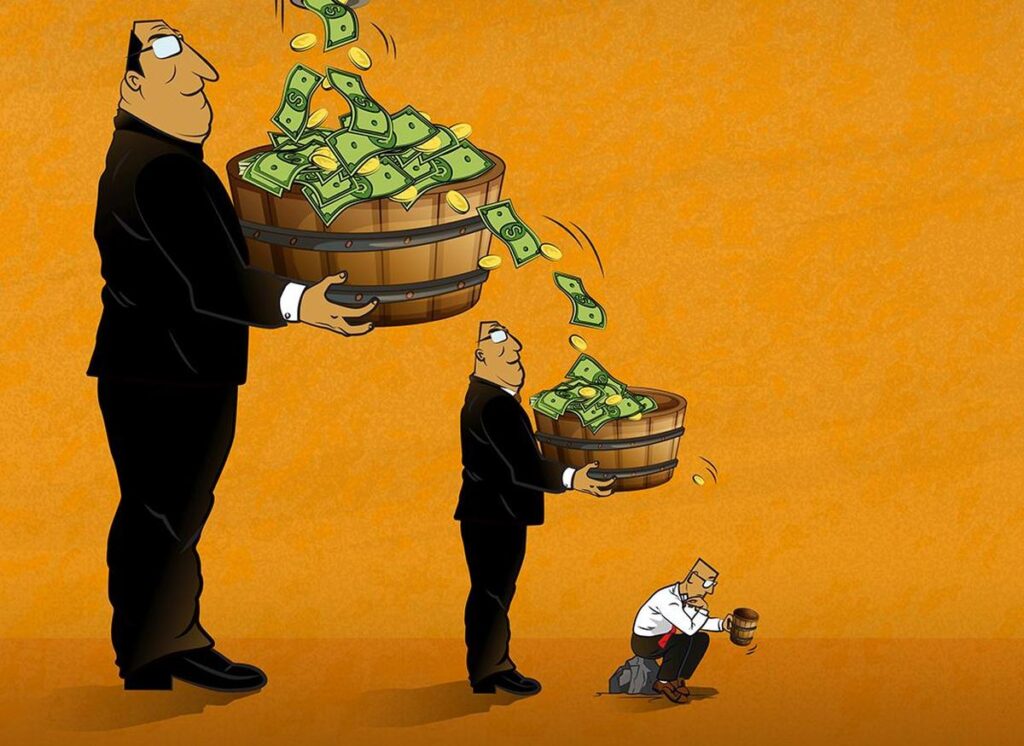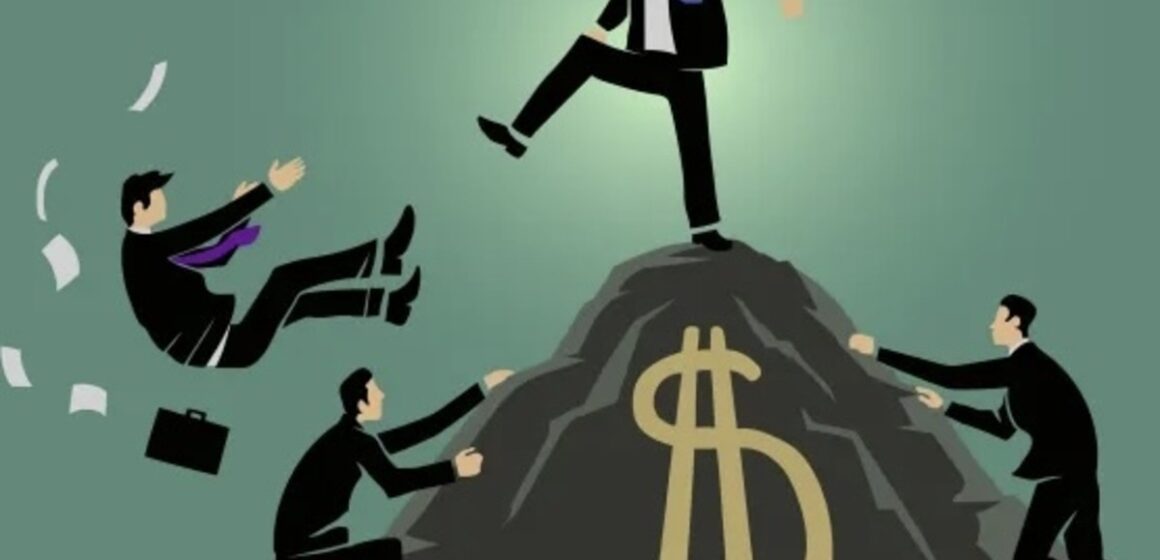Billionaires live in a world of unimaginable wealth, while many people around them struggle to make ends meet. Despite the growing gap between the rich and the poor, many still believe that poverty is the fault of those who are poor. How did billionaires manage to convince us that the poor are the problem? The answer lies in how they shape public opinion. Through media control, social platforms, and corporate power, billionaires have created a narrative that blames poor people for their struggles.
How Billionaires Shape Our Views
Billionaires control a lot of things. One of the biggest tools they use is the media. Media includes newspapers, TV shows, and social media. Since rich people own many of these platforms, they can use them to spread their ideas. Through media, they can make it look like poverty is caused by lazy people, not by unfair systems.
Social media also plays a huge role. Billionaires often use social platforms like Instagram or Twitter to share stories that support their point of view. This way, they can shape how people think. It’s easier to believe that poor people are the problem when we see only certain types of stories being shared.
Poor People as the Scapegoats
One of the cleverest tricks billionaires play is blaming poor people for their problems. They make the poor the scapegoats, even though many of these issues stem from unfair systems. For example, they tell people that poverty is the result of laziness or bad choices. In reality, poverty often arises from a system that traps people in low-paying jobs and high costs.
Billionaires try to make us think that poor people just need to “try harder,” but the reality is much more complicated.
The media often plays into this by highlighting stories about people who “failed” in life. These stories make it seem like poverty is something you can control. But in reality, it’s often a result of bigger issues that are out of an individual’s control.
The Role of Corporate Greed
Billionaires don’t just rely on media to control how we think. They also use their companies to keep making more money, often at the expense of the poor. Many billionaires own large companies that pay workers low wages. These workers struggle to get by while the CEOs rake in huge salaries.

For example, companies like Amazon and Walmart are known for paying their workers very little. At the same time, the people at the top make billions. This creates a system where the rich keep getting richer, while the poor get poorer.
This isn’t just about pay. Billionaires also have the power to influence government laws that make things even worse. They lobby for lower taxes and policies that benefit their businesses. This leaves the poor to face even more challenges, like paying high taxes and struggling to afford basic needs.
The Systemic Nature of Inequality
Inequality isn’t just a result of a few bad decisions. It’s built into the system. The way our economy works often favors the rich. Billionaires get tax breaks and subsidies, while ordinary people have to pay more taxes and struggle to make ends meet.
This system makes it hard for poor people to escape poverty. Even if they work hard, it’s difficult to improve their lives because they’re stuck in a system that was designed to keep the rich at the top. This is why it’s important to understand that poverty isn’t about the individual; it’s about a system that keeps some people rich while others stay poor.

How We Can Shift Our Focus
The good news is that we can change the way we think about wealth and poverty. Instead of blaming the poor, we need to recognize that the system is the problem. Poverty is not the result of laziness; it’s the result of unfair economic systems.
One way we can shift the focus is by supporting policies that make the system more fair. We can fight for fair wages, better working conditions, and taxes that make billionaires pay their fair share. By doing this, we can help create a society where everyone has the chance to thrive, not just the rich.
Thank you so much for reading, click the link to read more of our Opinion Articles
Inside Success presents to you our digital platform, created to inform, inspire and empower 16-35s. Through our articles, we aim to bring bold ideas, fresh voices and real conservations to life. From mental health advice, to career information, and fashion tips to social issue debates, Inside Success is proud to have created a platform that has something to cater to everyone.




Leave a Reply
You must be logged in to post a comment.